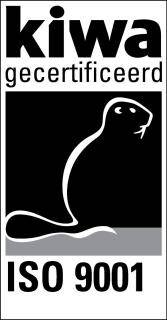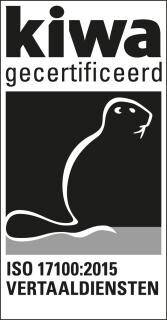
Communication in times of corona: many challenges remain for businesses
Following the outbreak of the corona pandemic, companies were literally forced to reshape internal and external communications. How to proceed in the face of cancelled trade fairs, consumer uncertainty and economic disruption? All factors that place a huge responsibility on managers. Translation agency AgroLingua interviewed Wolfgang Rommel, an expert in business communication, and asked for his opinion and experience.
Hardly any trade fairs will be held in 2020 due to corona. What do you recommend to companies to maintain contact with customers and business partners?
Maintaining contact against the background of corona is a real challenge for many companies. Retailers, manufacturers and service providers who have already invested in creating digital channels to engage with their customers naturally have an advantage over companies taking their first steps in the arena of communication. What I initially noticed was that companies didn't know exactly what to communicate in the early stages. This was partly because they were unable to assess the impact of coronavirus on the economy as a whole. Uncertainty ruled as events unfolded fast. In times of disruption, you need to communicate clearly.
Do you have a good example of how a company creatively achieved this?
One that immediately springs to mind is the German supermarket chain Edeka. On social media an abundance of photos of empty shelves were circulating, no toilet paper, a scarcity of bottled water and canned food and so on. All this served to do was unnecessarily fuel the fears of the population. But Edeka immediately made it clear that the supply chain of products to supermarkets and customers was guaranteed nationwide. They tried to reassure consumers in customer communication, by showing empathy for their situation. You have to look at the stakeholders and ask yourself what is important for them. Many companies still find that difficult. You need to assess which alternative options are available to satisfy the needs of the customer. And above all, it's vital to keep up the morale and stay positive.
Are there any differences between B2B and B2C in this respect? Is a different approach required?
Yes, there are differences. B2C providers are mainly focused on serving a mass market. Here the level of communication can be less in-depth. B2B, on the other hand, is more personal and communication is vital for effective customer relationship management. Business customers have much higher expectations in terms of, for example, accessibility, response time, or how long it takes to find a solution.
What do you forecast for the future? Will corona change the landscape of business communication forever?
I am convinced that communication will continue to constantly evolve and adapt. Especially internal communication within organisations. I know companies where managers have objections to working from home and digital solutions. The belief persists that people who work from home have a less efficient output and get distracted by other, domestic, things. However, studies suggest that the productivity and motivation of people working from home is in fact higher. Another change is that managers were used to having their teams on hand, so they could quickly announce priorities. This is becoming an increasingly rarer situation. Adapting to this new reality is something managers will have to embrace.
Does this apply to internal and external communication?
Internal and external! The lines between internal and external communication are becoming increasingly blurred. Both areas are tending to overlap and interrelate more. Significantly more communication is taking place using video calls or by phone. My customers are experiencing both the advantages and disadvantages. One of them told me that he missed the facial expressions and gestures of co-workers during a physical meeting and the routine of the office. But that does not help. Today, many businesses are having to deploy communication tools that are new to them to stay in touch with customers and colleagues. I am noticing a rise in the willingness to adopt this technology.
Wolfgang Rommel is an experienced journalist and expert in business communication with a focus on sustainable agriculture, dairy farming, nutrition and the nutrition industry, sports and movement. He is based in Tönisvorst (North Rhine-Westphalia).






